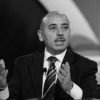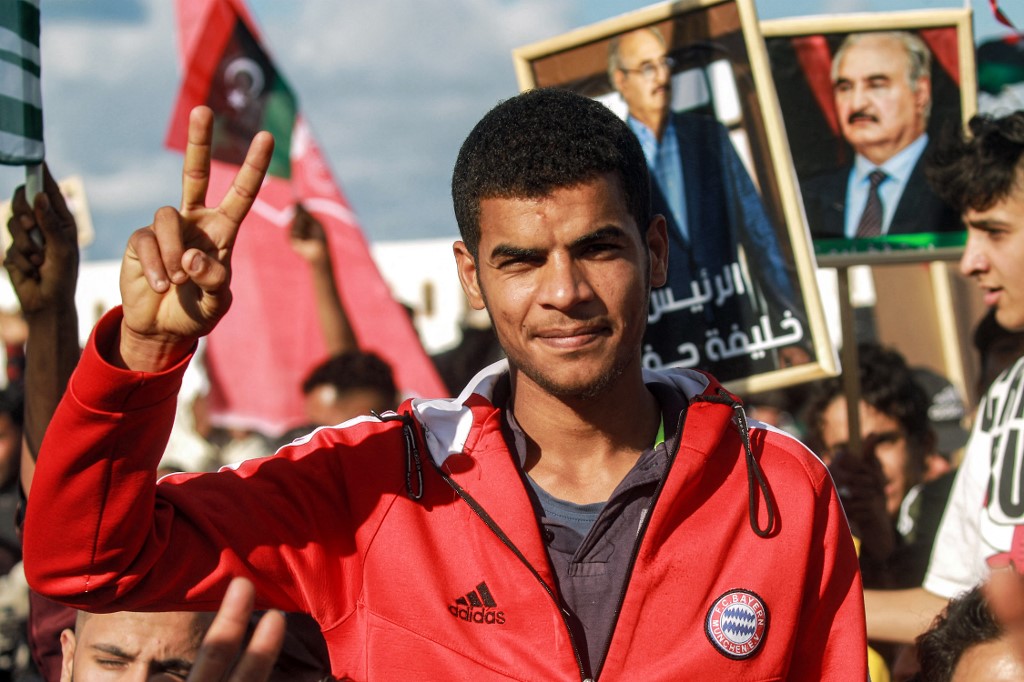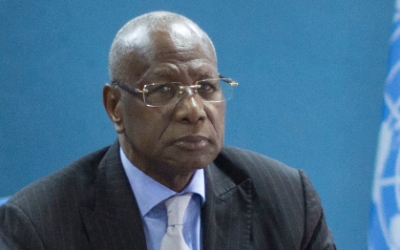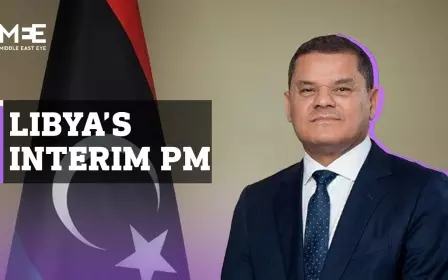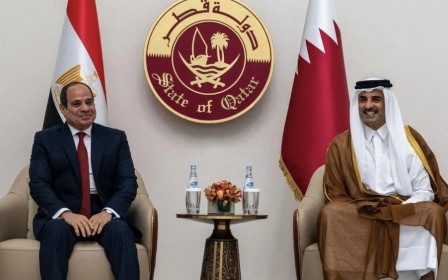Libya: Elections must be held in 2023. Here's how it can happen
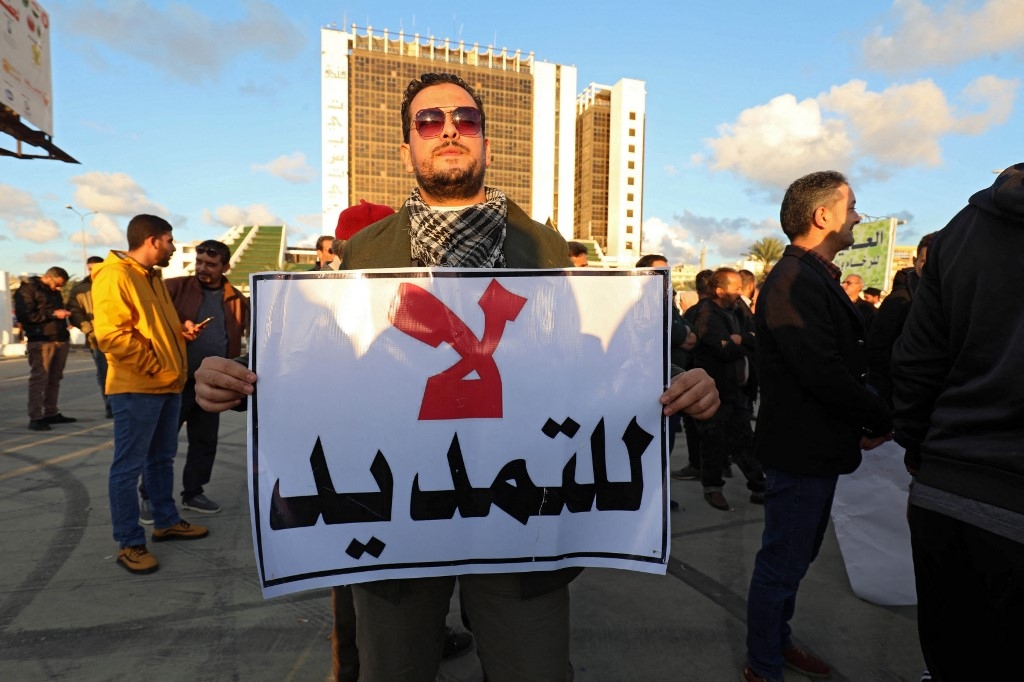
Libya is still going through a deeply polarised conflict, with no clear end in sight.
The turbulent transitional period spanning the last 11 years has reached a political impasse, with the incumbent political sides showing no inclination to strike an accord that may lead to them vacating their powerful positions.
Foreign interference has played a detrimental role in exacerbating the situation over the past few years, only increasing divisions
Foreign interference has played a detrimental role in exacerbating the situation over the past few years, only increasing divisions.
Calls for fresh elections - either presidential and parliamentary or parliamentary only - to renew political institutions and their legitimacy have come from a wide range of actors locally, regionally and internationally.
Elections were agreed upon in 2021 and a date was set for 24 December of that year, but they failed to materialise owing to various factors.
New MEE newsletter: Jerusalem Dispatch
Sign up to get the latest insights and analysis on Israel-Palestine, alongside Turkey Unpacked and other MEE newsletters
The renewed impetus through the appointment of a new UN special envoy to Libya, the Senegalese Abdoulaye Bathily, supported by the key international players to get the Libyan sides to commit to fresh elections, has yet to yield an agreement on a constitutional basis and a firm date for any such elections.
"There is an increasing recognition that some institutional players are actively hindering progress towards elections," Bathily said in a brief to the UN Security Council in November.
Divisive figures
It is clear that the UN and international community are now beginning to realise that the main obstacles to elections in Libya are the current institutions, which have far exceeded their time in power.
Election laws issued last year by the speaker of the Tobruk-based House of Representatives (HoR), Aqilah Saleh, for both parliamentary and presidential elections, were flawed. They were decreed without a proper HoR vote or consultation with the HoR's political partner, the Tripoli-based High State Council (HSC), as stipulated within the Skhirat Libyan Political Agreement signed in 2015.
Another major contributor to the failure of elections was the candidacy in presidential polls of controversial figures such as Saif Gaddafi, who is wanted by the International Criminal Court, the extremely divisive Khalifa Haftar, who has US citizenship and is perceived to be seeking to return Libya to military dictatorship, and Abdul Hamid Dbeibah, who was accused of going back on a pledge not to run when he was chosen as prime minister in March 2021.
The final nail in the coffin for any election hopes was the declaration of "force majeure", just two weeks before the election date, by the High National Elections Commission, after it was issued a written warning by a HoR committee to halt proceedings.
Disagreement over the eligibility criteria for presidential candidates has been the main obstacle preventing elections until now
Disagreement over the eligibility criteria for presidential candidates - mainly over those with dual citizenship or the standing of military officials before resigning from their posts - has been the main obstacle preventing elections until now, with the impasse likely to continue.
Therefore, relying on the HoR and HSC agreeing on constitutional lines will lead to another year of failure to hold elections.
The lack of agreement between the HoR and HSC on a constitutional basis can be overcome, if the international community showed the will and determination to support Libyans in reaching consensus.
This could be achieved through a new UN initiative that bypassed the current political elite, who do not want to see any elections take place that would replace them with new political leaders.
The Libyan Presidential Council has recently proposed an initiative, backed by UN Special Envoy Bathily, to hold direct talks between Aqilah Saleh and Khaled al-Meshri, president of the HSC, in Ghadames on 11 January. Intended to reach a final agreement on the outstanding differences within the constitutional basis, it was rejected by the HSC and ignored by the HoR.
Saleh and Meshri chose instead to meet in Cairo on 5 January to announce their intention to agree on a new roadmap towards elections.
Many perceived this move as further manoeuvring to divert the political process from a swift commitment to elections. Realistically, elections can only take place and be a success in 2023 if the HoR and HSC can be bypassed, with an initiative led and overseen by the UN with vital support from the international community.
Renewed legitimacy
Any new initiative could be based on using alternative mechanisms, such as empowering the Presidential Council to issue presidential decrees, suspending the HoR and HSC, and producing the constitutional basis and electoral laws needed to hold elections.
Alternatively, a new dialogue forum could be established, which included political parties, municipalities, and other civil and political forces, in a similar format to the previous Libyan Political Dialogue Forum that produced the current UN roadmap.
Another option would be to postpone highly controversial presidential elections and run parliamentary elections first, which could easily be held in 2023 if there was an agreement locally and support from the international community to pursue this path. Parliamentary elections are ideal as they would provide an opportunity for all political sides to participate.
A newly elected parliament would then have renewed legitimacy. It would be empowered to appoint a united government and end the current divisions, resolve disagreements over eligibility criteria for presidential elections - which could be held at a later stage - and undertake the responsibility of completing the constitutional track.
Elections could take place in 2023 provided there was an agreement between key international players in Libya, especially Egypt and Turkey, to exert pressure on the Libyan sides they support. The UN Security Council would also need to provide genuine unified support to the UN Support Mission in Libya and Bathily to facilitate a solution that delivered credible elections.
Assuming elections could take place in 2023, key challenges still remain about how freely and fairly they can be held across the country, given that the east and south of Libya are under the complete military control of Haftar, backed by thousands of foreign fighters, including the notorious Russian Wagner mercenary group.
Then there are questions about what would happen should controversial figures such as Haftar and Saif Gaddafi be allowed to stand in any presidential elections. Would they and their supporters accept the results if they lost? Or would there be violent disorder and a rejection of whomever was declared the winner?
Elections are not a magic wand that would solve all of Libya's problems and end its state of conflict and instability. However, fresh elections are extremely important in renewing political legitimacy and would be a step forward in healing divisions by uniting the legislative and executive bodies.
To achieve a lasting resolution to the Libyan conflict, leading to long-term peace and stability, progress is also needed on other vital parallel issues.
These include uniting key sovereign institutions, including the military, completing the constitutional process and achieving national reconciliation underpinned by transitional justice for the many individuals and groups who suffered throughout the Gaddafi era and over the past decade too.
The views expressed in this article belong to the author and do not necessarily reflect the editorial policy of Middle East Eye.
This article is available in French on Middle East Eye French edition.
Middle East Eye delivers independent and unrivalled coverage and analysis of the Middle East, North Africa and beyond. To learn more about republishing this content and the associated fees, please fill out this form. More about MEE can be found here.


